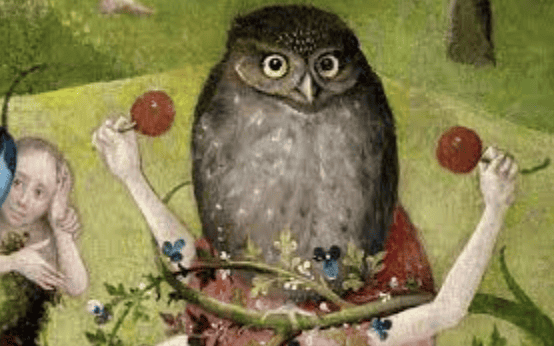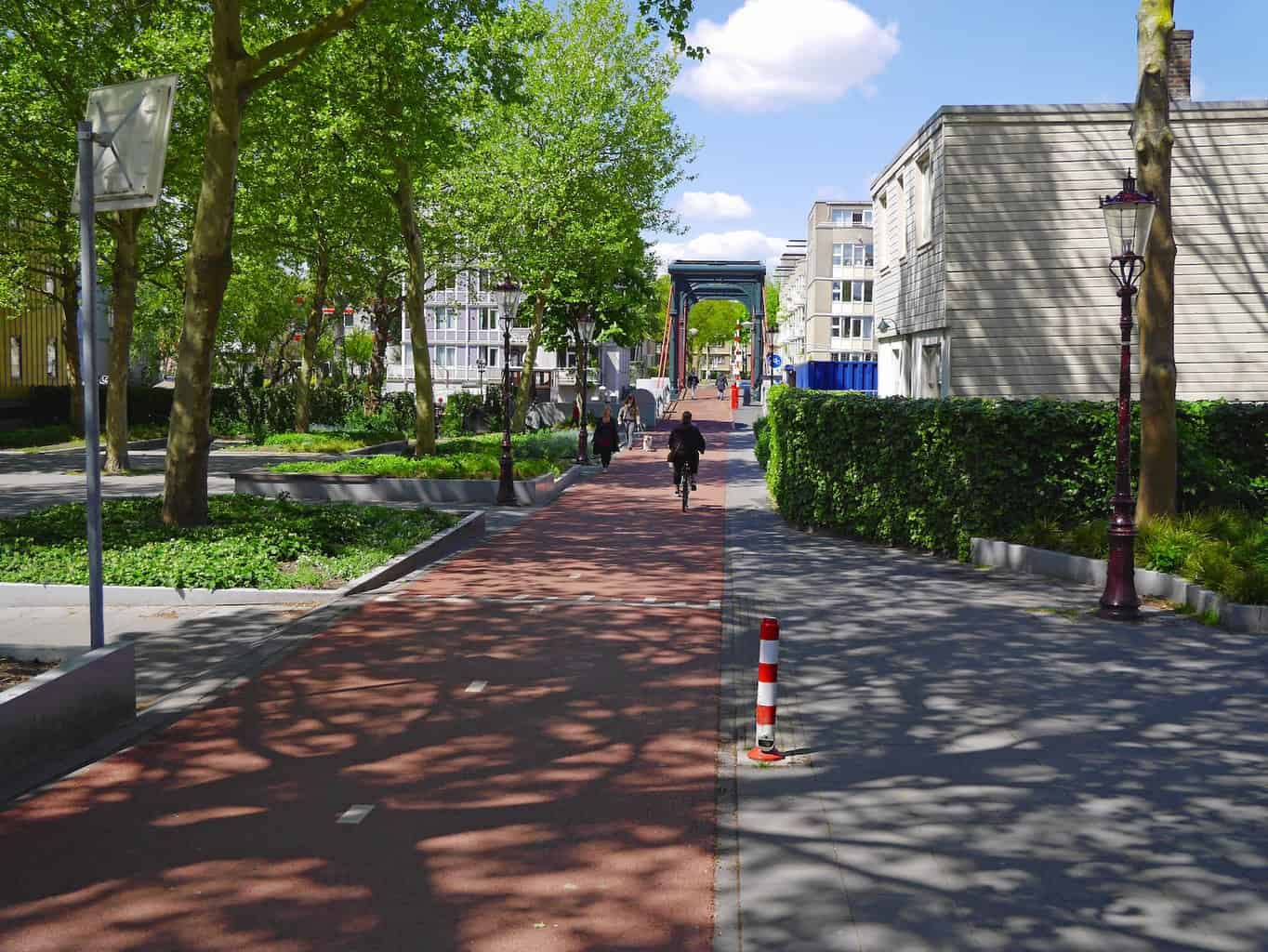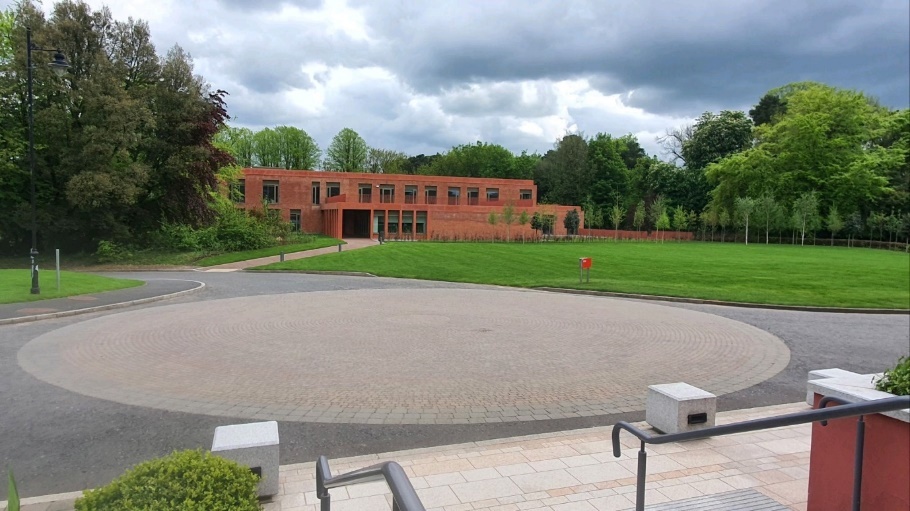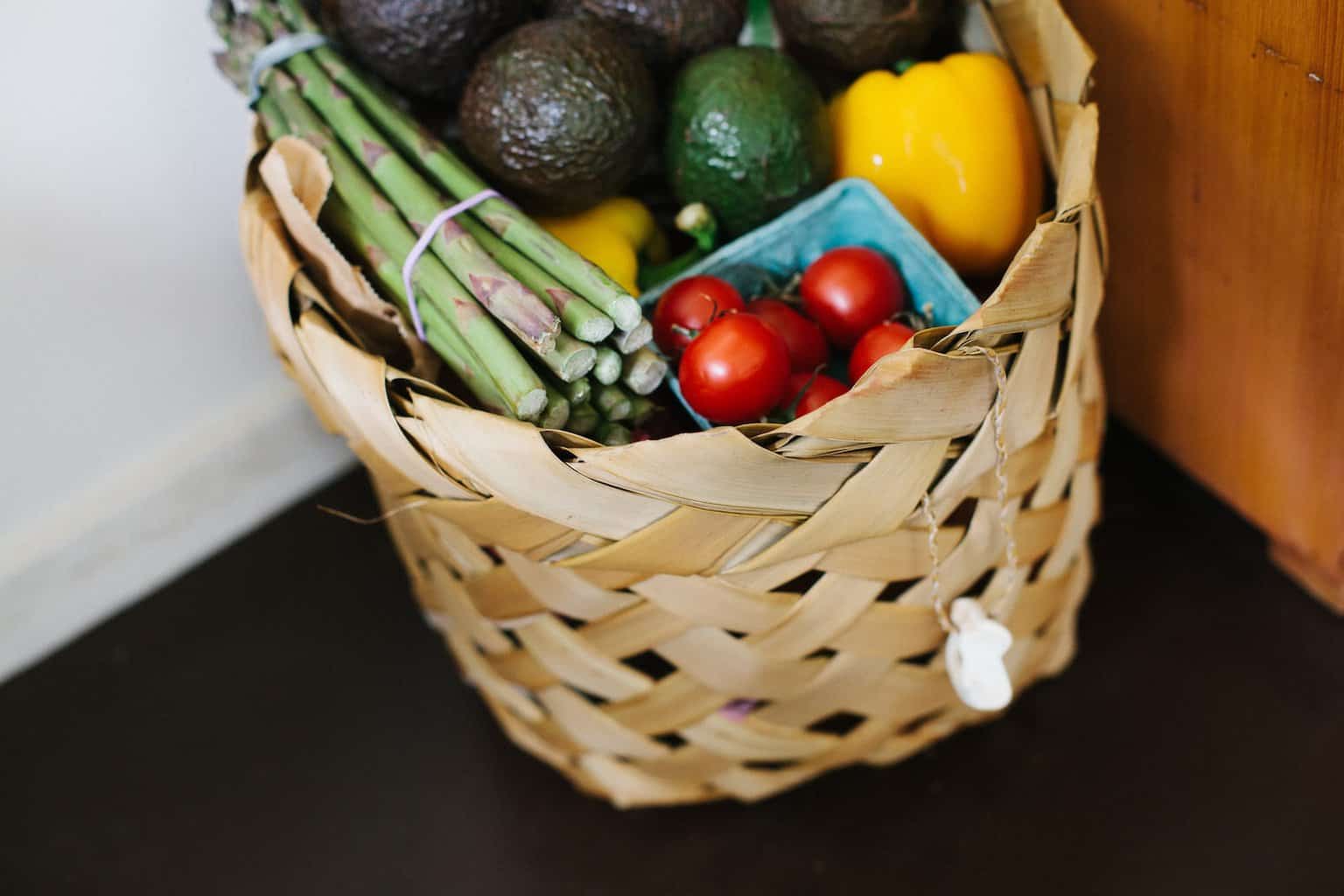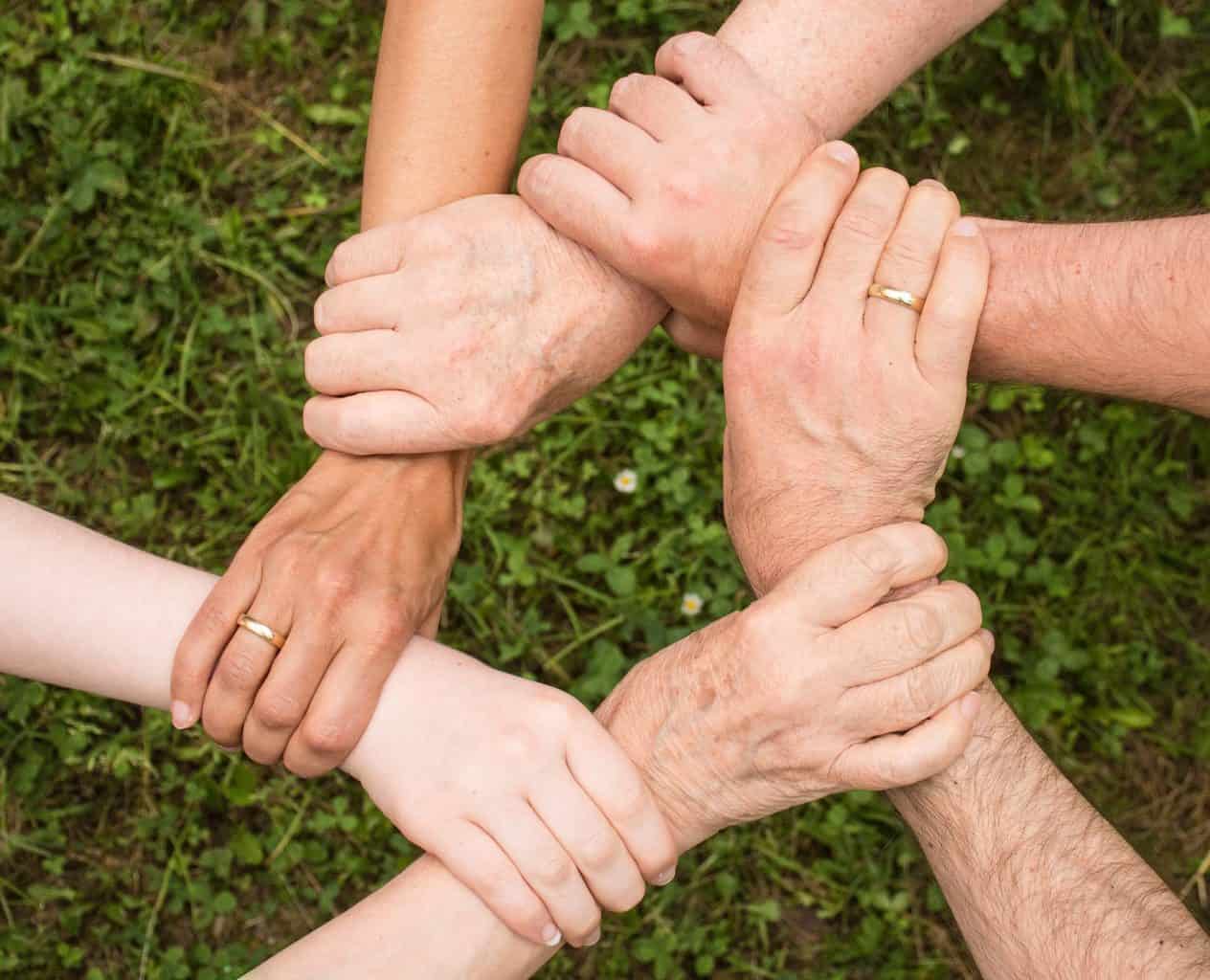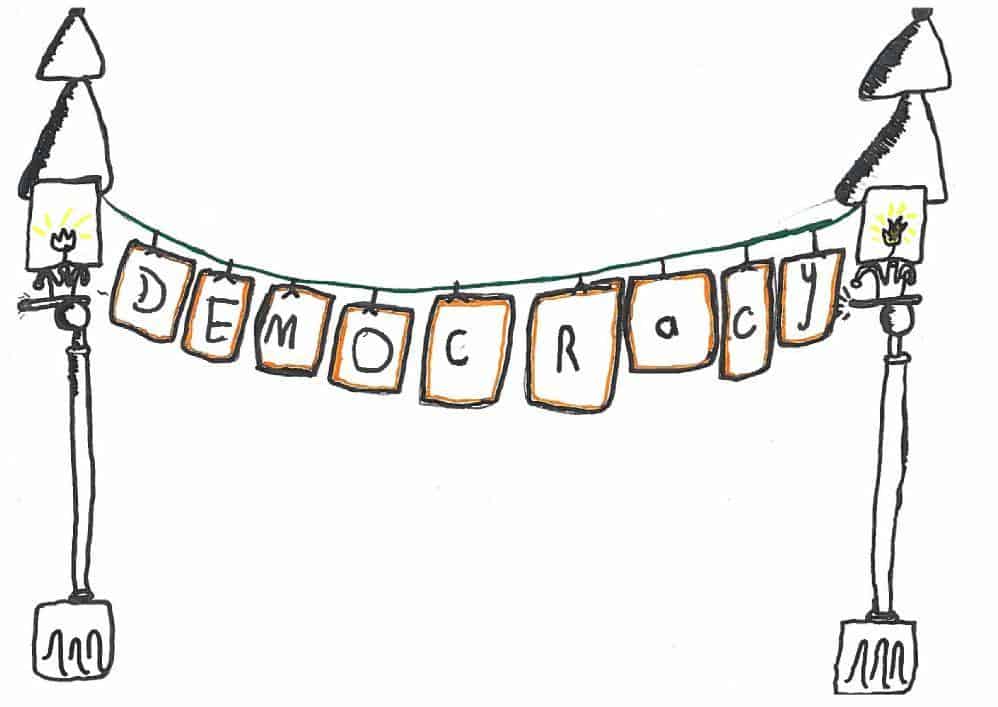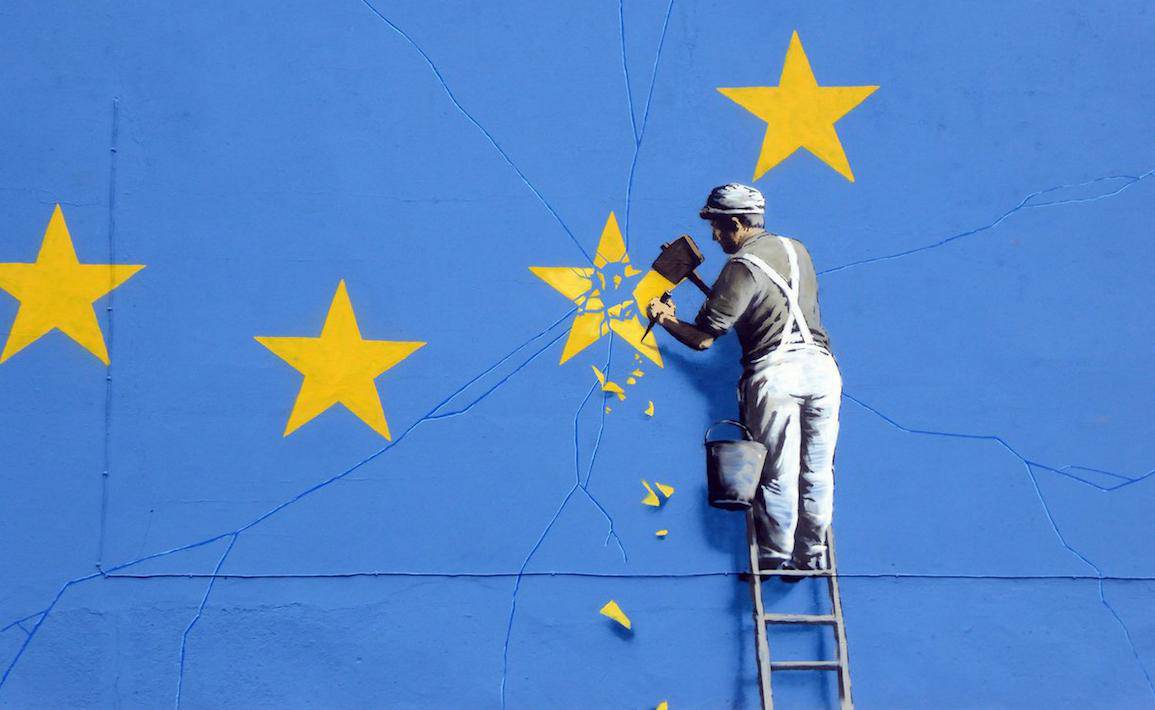Arts and Sustainability merge at Queen’s for first ever ‘Reach’ Festival…
Queen’s University Belfast, in collaboration with the UN Sustainable Development Solutions Network (SDSN) Ireland, are hosting an inaugural arts and sustainability festival this April. The ‘Reach 24’ festival aims to examine the climate emergency and sustainable solutions via various art mediums including film screenings, performances, talks and an art exhibition. The festival, which will take place from 18-20 April, is free of charge and open to the public. The Naughton Gallery at Queen’s will play host to new work by …

